Contents
- 1 1. What is the Variable Power Supply?
- 2 2. How to Build a Variable Power Supply?
- 2.1 Sep 1: collecting the components
- 2.2 Step 2: Cutting the Acrylic Sheet
- 2.3 Step 3: Sanding the Pieces
- 2.4 Step 4: Attaching the Pieces
- 2.5 Step 5: Painting the Pieces
- 2.6 Step 6: Attach Extra Pieces
- 2.7 St p 7: Attaching Front and Back Panel
- 2.8 Step 8: Mounting Components
- 2.9 Step 9: Mounting the Heat Sink
- 2.10 Step 10: Wiring Diagram
- 2.11 Step 11: Final Assembly
- 3 3. How to Select a Variable Power Supply?
- 4 4. Variable Power Supply Recommended by Electronic Enthusiasts
- 5 Tekpower DC Variable Power Supply
- 6 KORAD linear-digital Variable power supply
- 7 Eventek Digital Switching Variable Power Supply
- 8 Kungber SPS305 DC Power Supply Variable
- 9 Yescom USA DC Variable Power Supply
- 10 Conclusion
1. What is the Variable Power Supply?
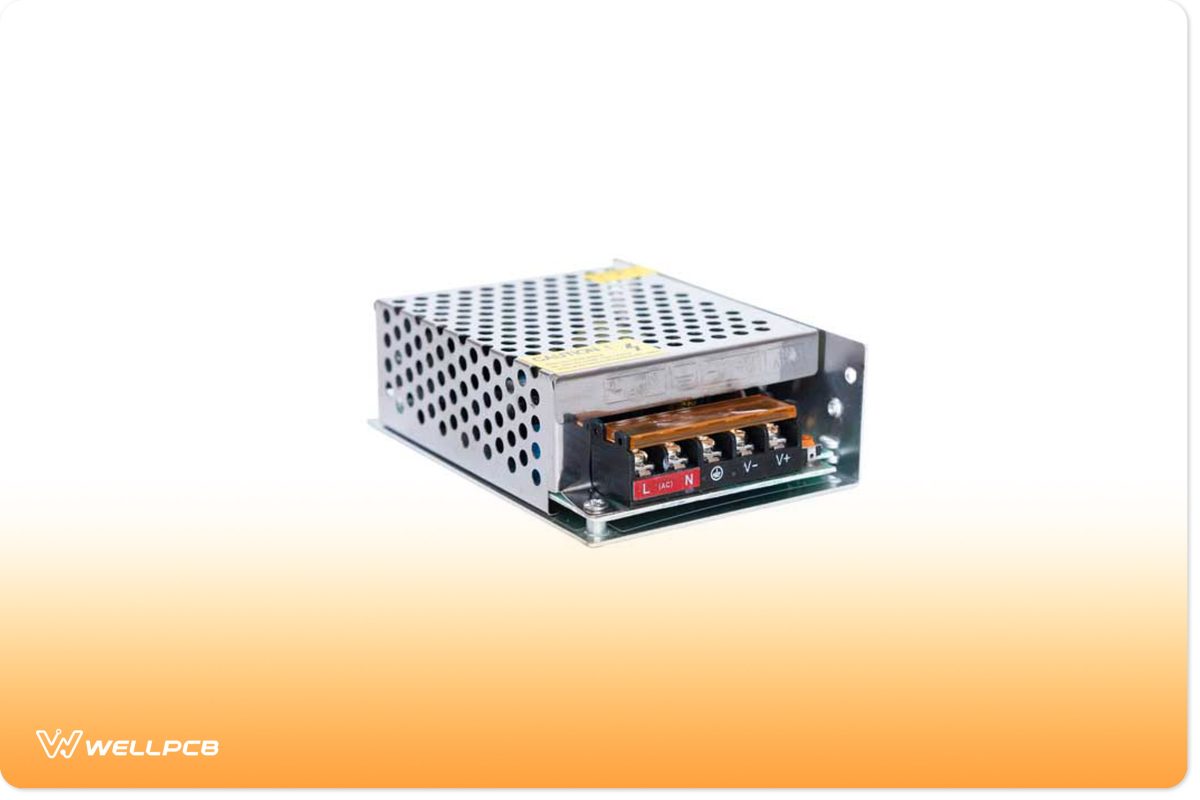
Switching power supply
A variable power supply is a controller that electricians use to test a project’s voltage capacity. It has a range of applications.
Therefore, you can use the power supply as a gauge to ensure the project can endure a current load and voltage.
2. How to Build a Variable Power Supply?
Sep 1: collecting the components
Parts List:
- LTC3780 DC Adjustable Converter
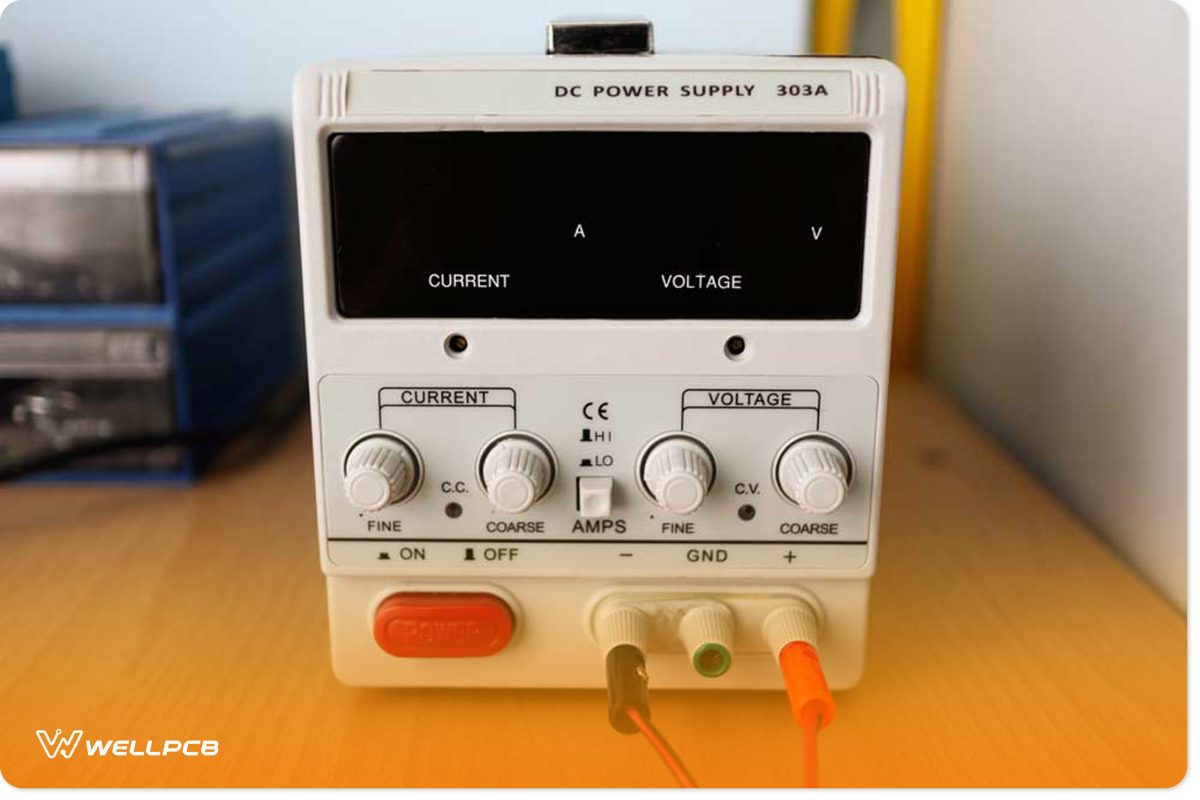
- Digital Voltmeter Ammeter Display
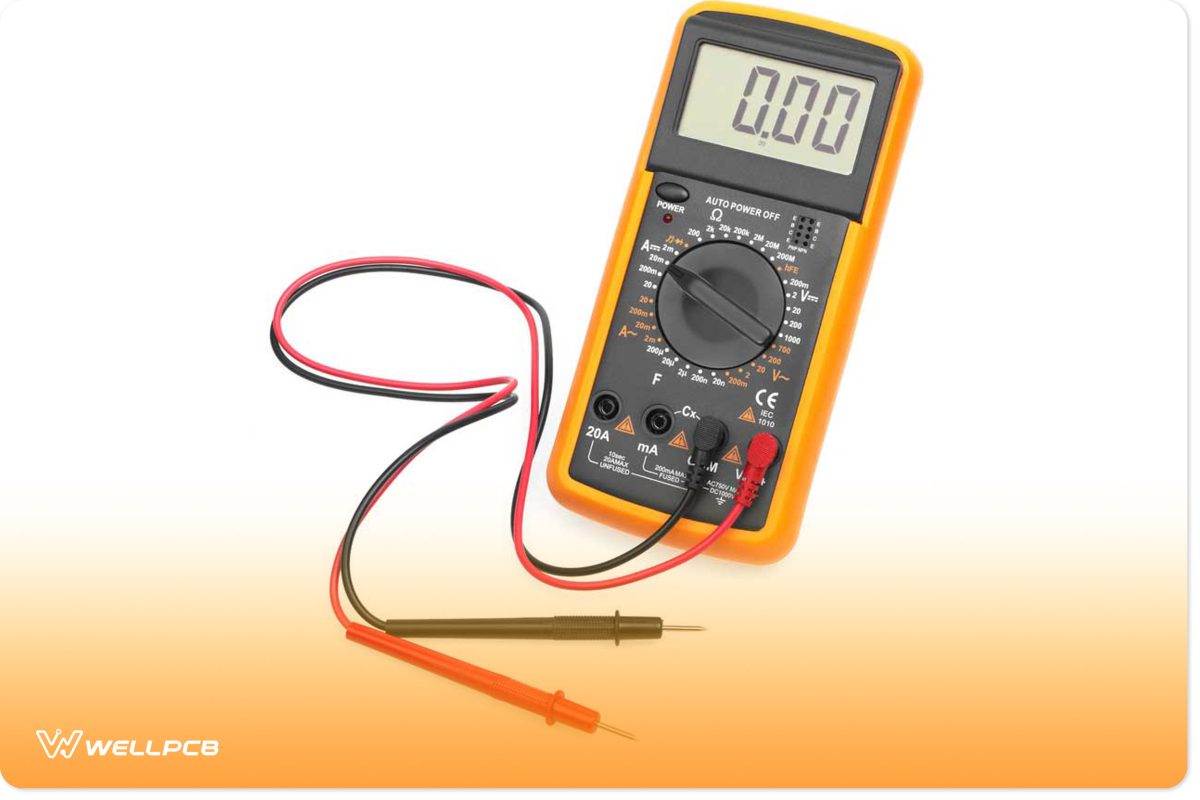
- 12V DC Fan
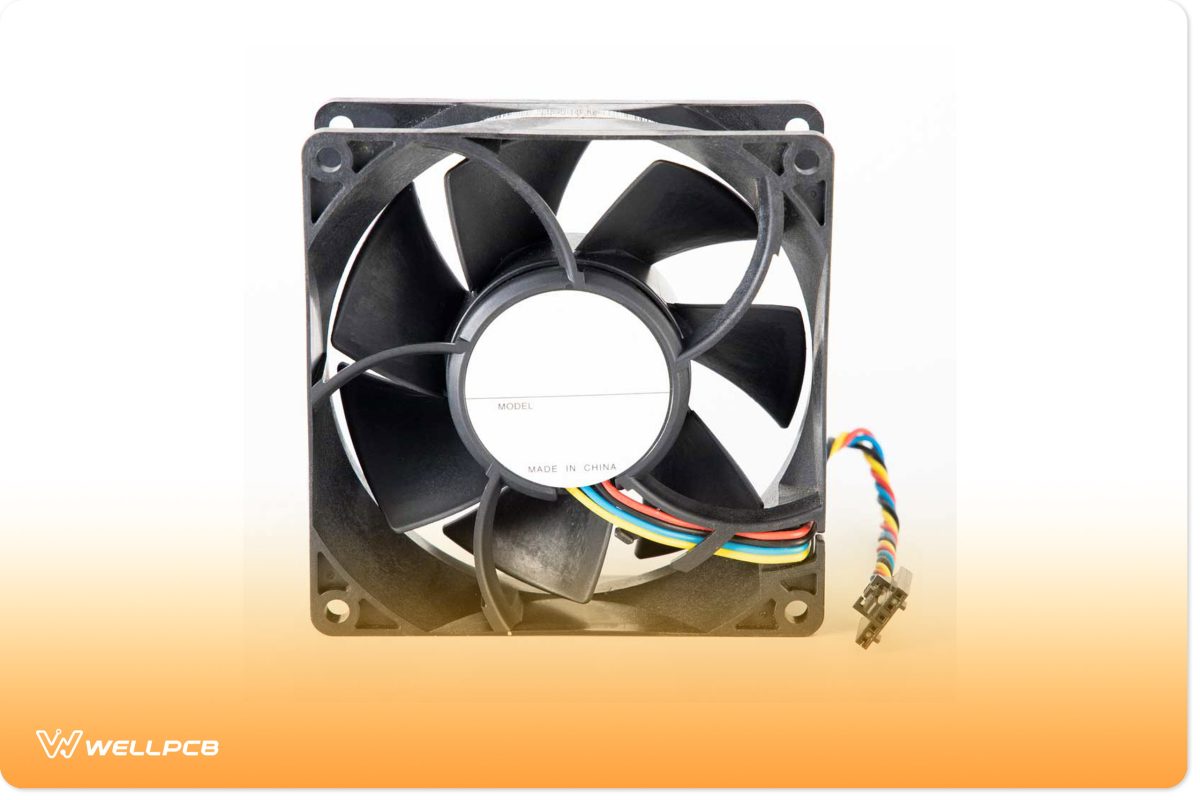
- 7805 IC For 5V
- 12V 3A Adapter
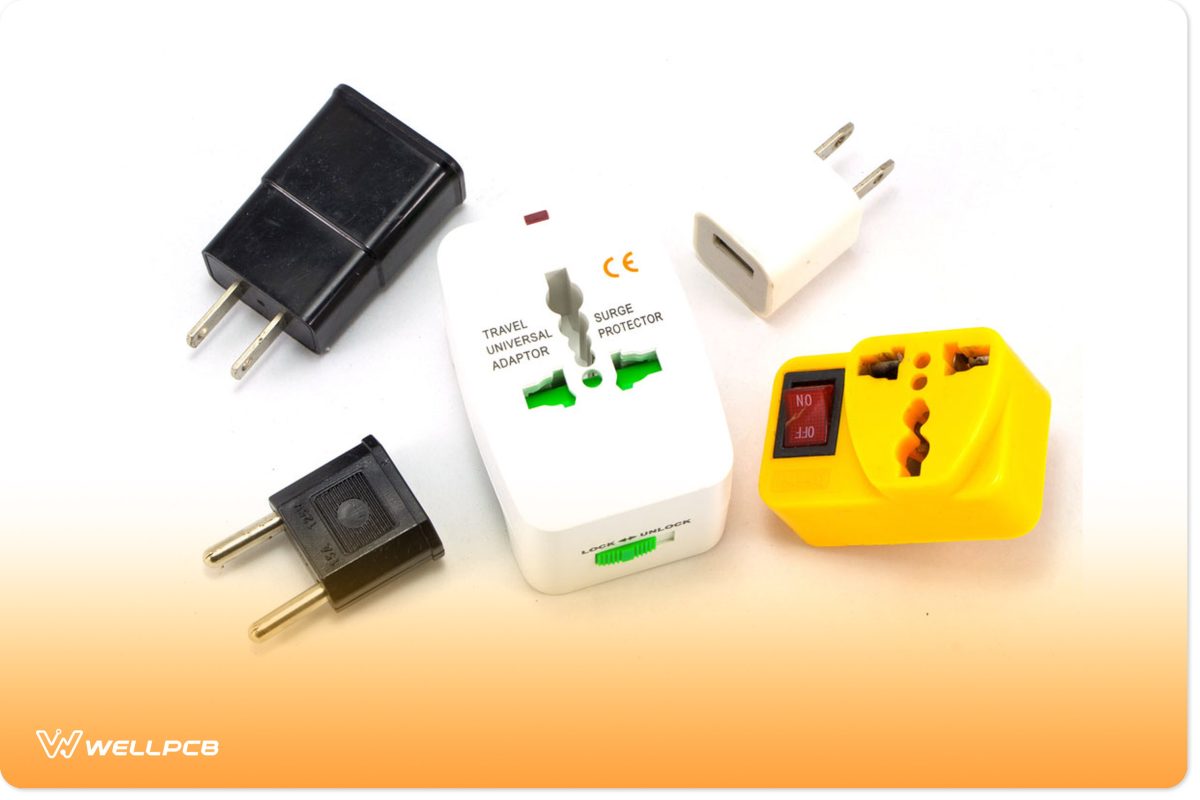
- 100uF & 10uF Capacitor
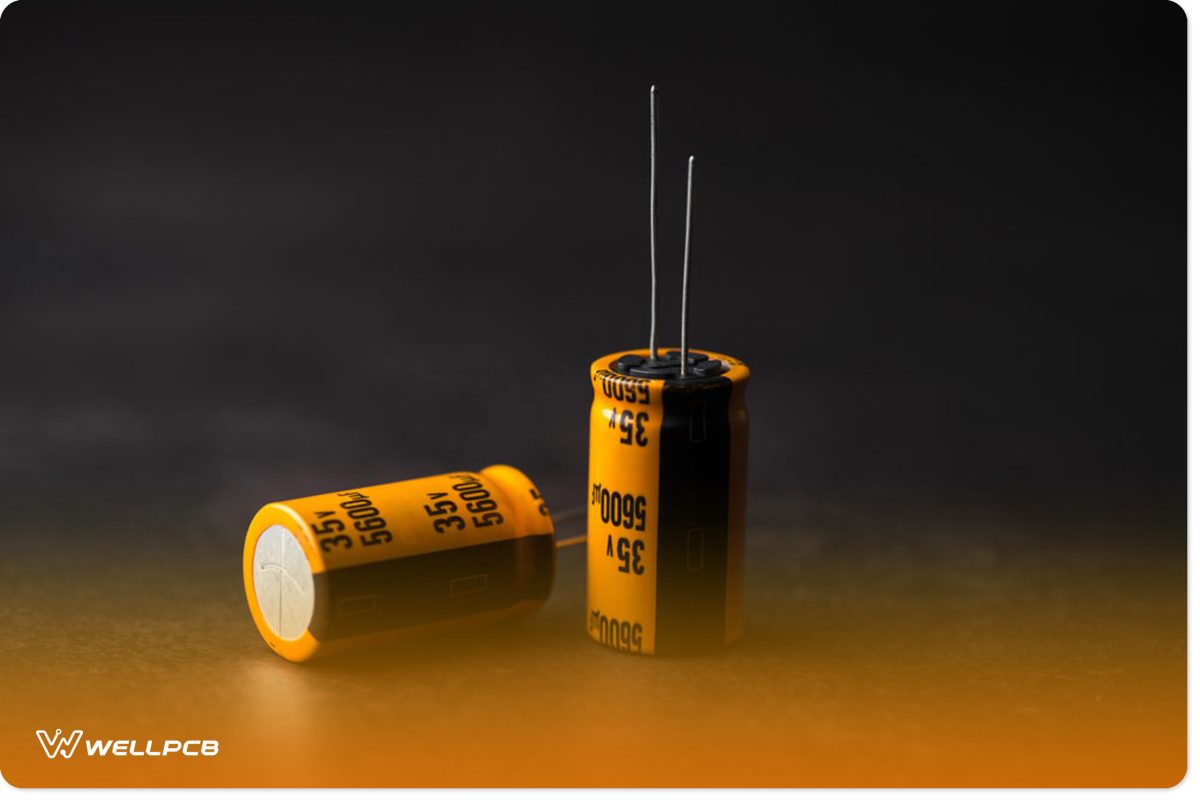
- 1N4001/1N4007 Rectifier Diode
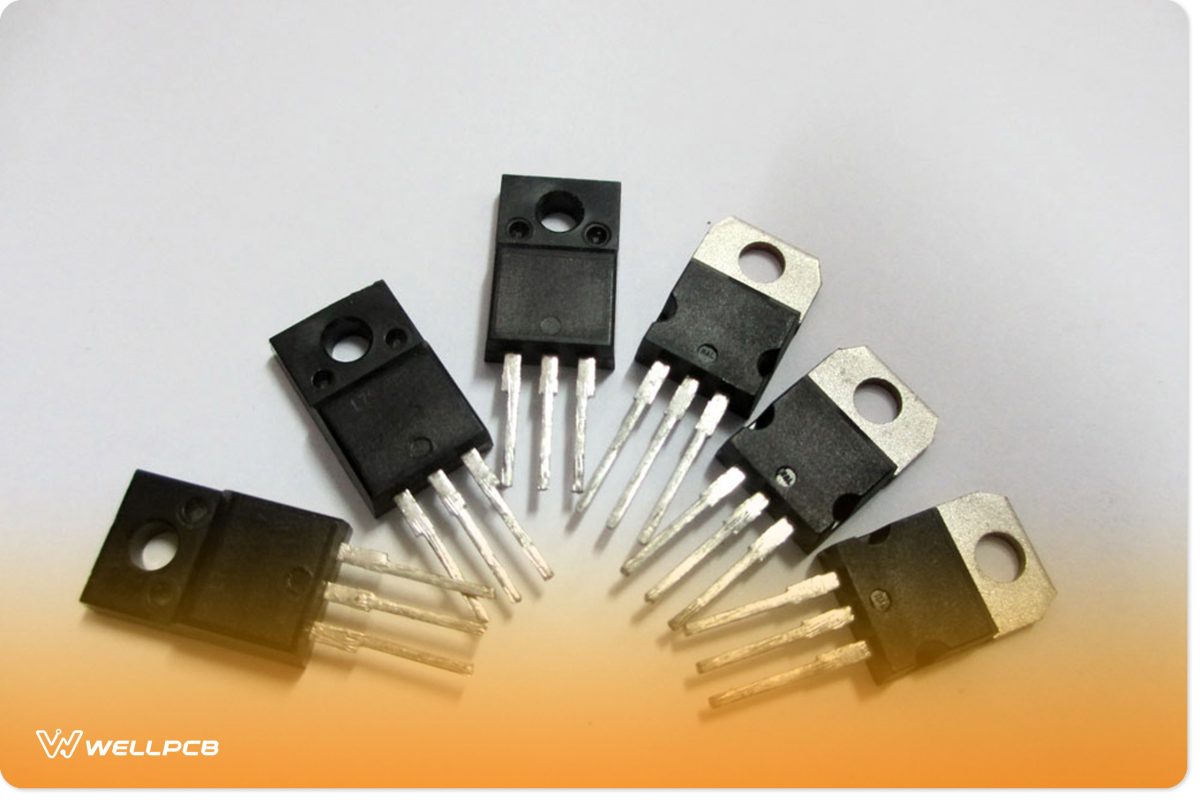
- Banana Socket 4ps
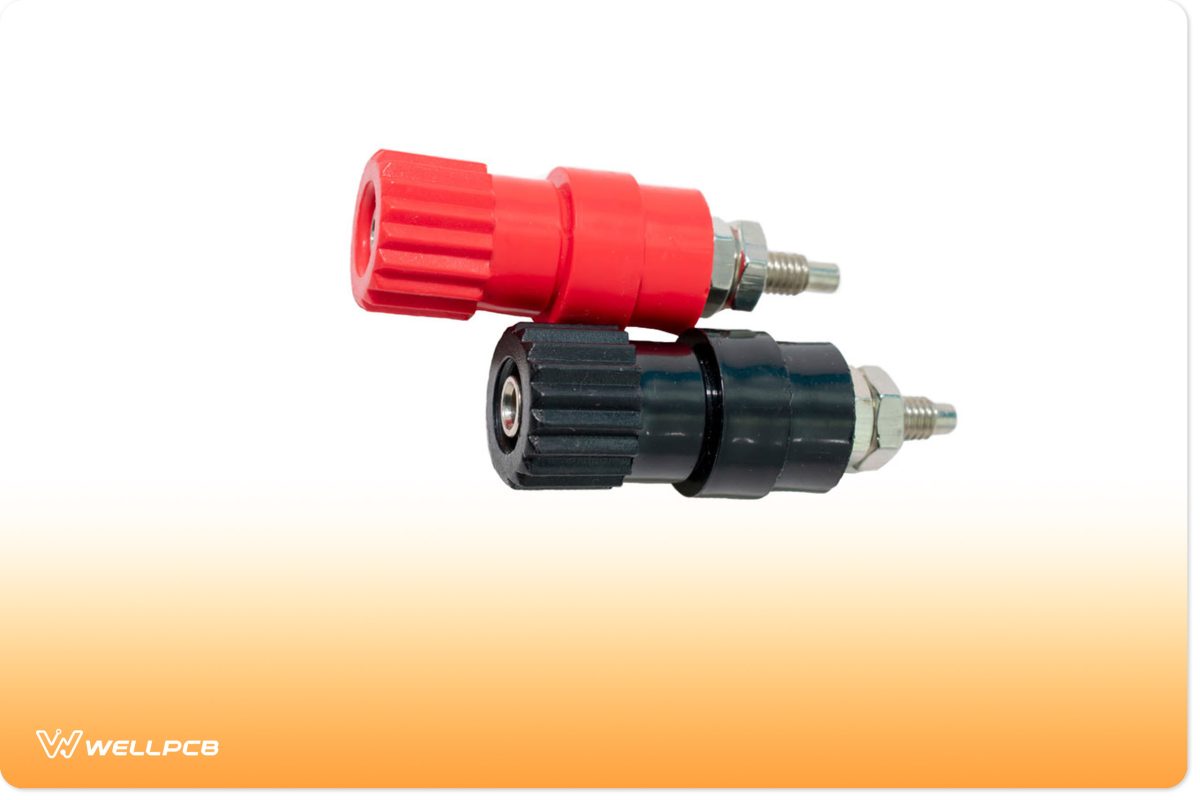
- Knob 2ps
- DC Switch
- 2.1mm DC Jack Connect
- Wires
- Heat Sink
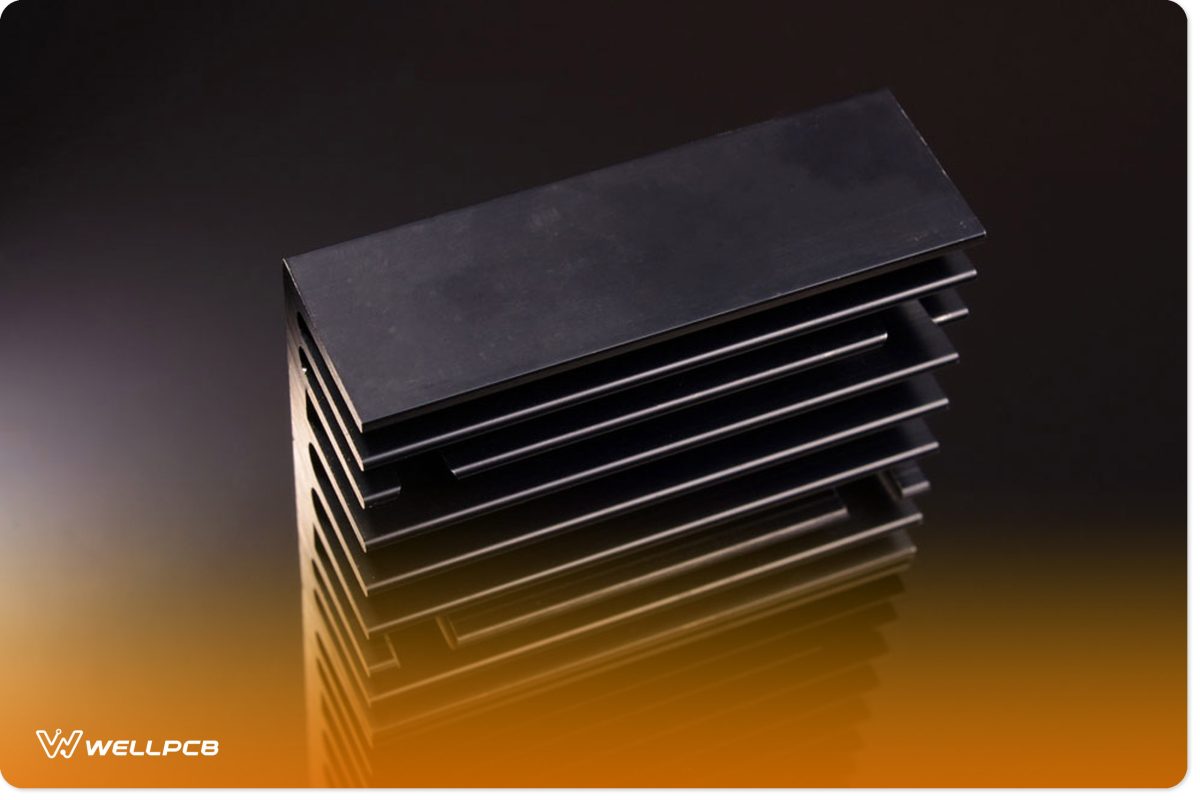
- Wooden Blocks
- PCB Board
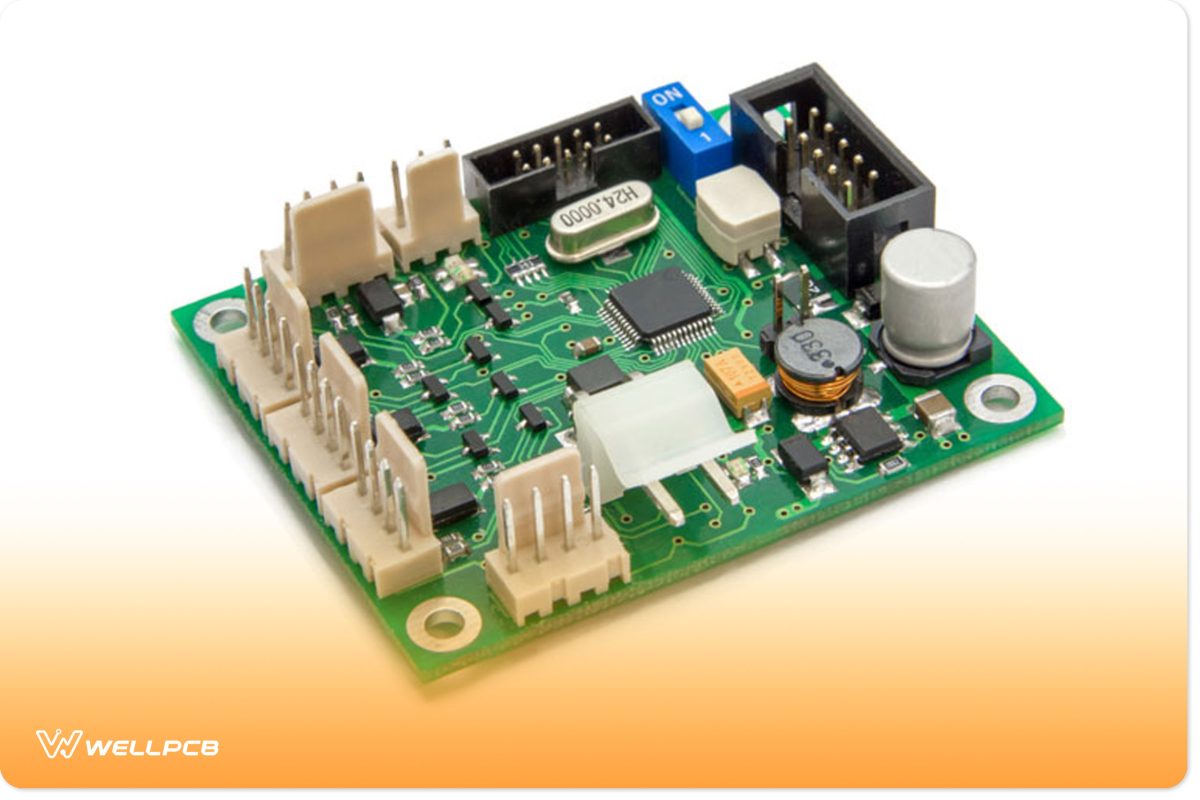
- 4mm Acrylic Sheet
Tools List:
- Glue Gun
- SuperGlue
- Sandpaper
- Mini Hand Saw

- Soldering Iron
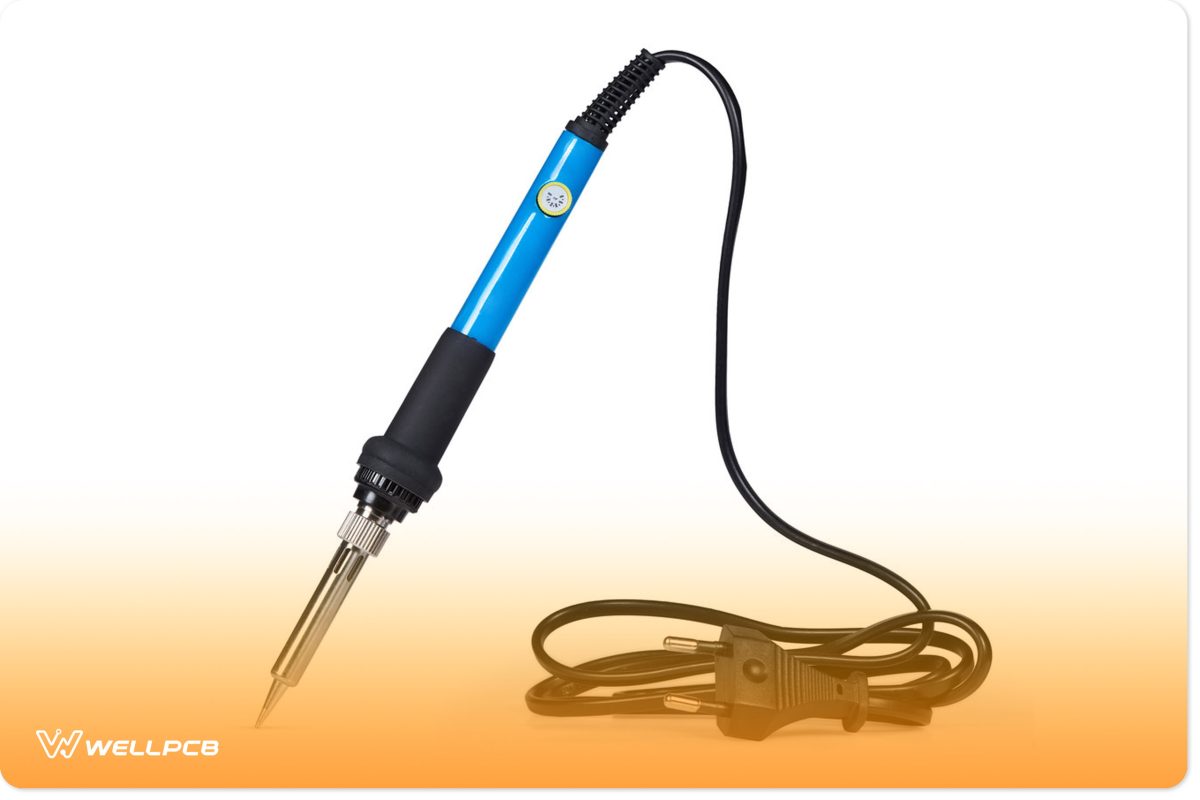
- Masking Tape
- Drill Machine
- Rotary Tool
- Spray paint
Step 2: Cutting the Acrylic Sheet
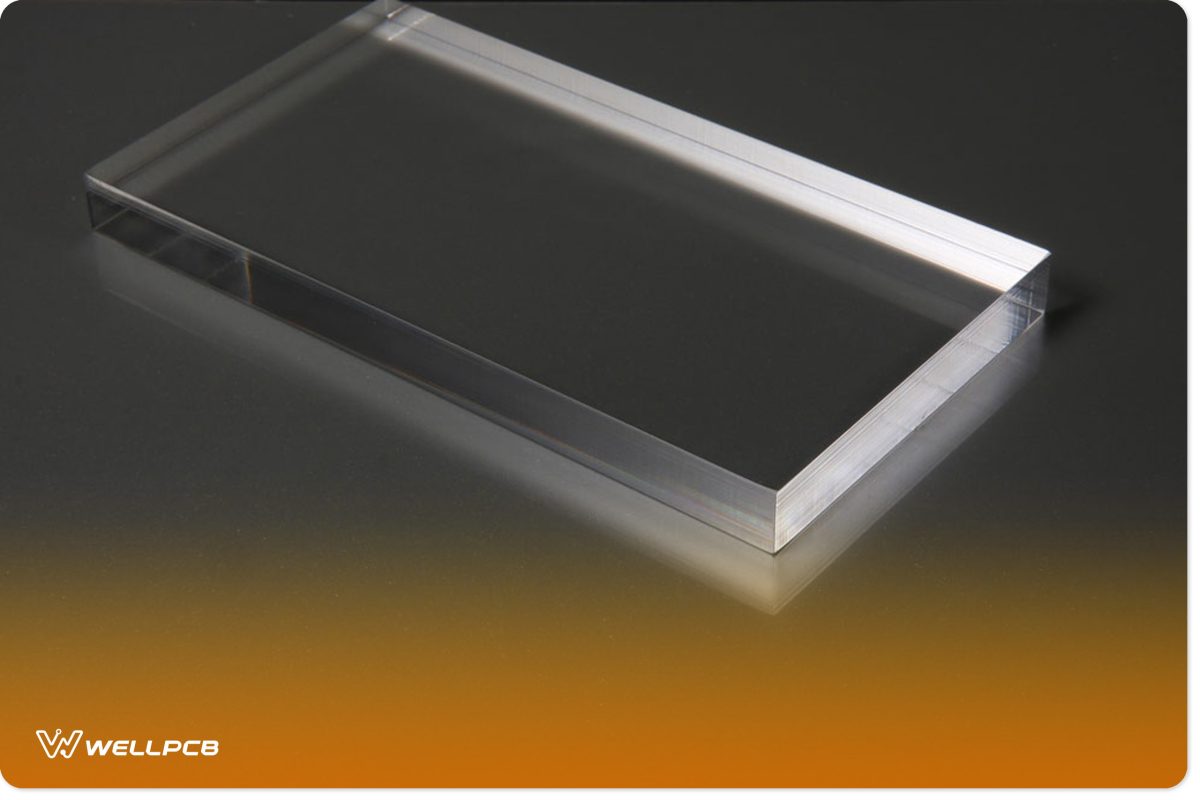
Acrylic sheet
An acrylic sheet is the best material to make the power supply enclosure. Measure the material and cut it according to the marking. Then, follow the following guidelines:
- Lace the voltmeter display and mark it.
- Next, cut the marked section with a rotary tool and metal file.
- Again, mark the areas for air-passing
- Cut the marked area using a mini hacksaw.
- Take the measurements of the socket, the switch, and the fan, then mark it.
- Drill the holes and smooth the edges with a metal file.
Step 3: Sanding the Pieces
First, remove the sheet’s paper cover. Then, finally, sand the acrylic sheets until the flat surface becomes smooth.
Step 4: Attaching the Pieces
First, apply super glue to the edges of both sides of the panels. Then, join one side of the panels to the other.
Step 5: Painting the Pieces
Paint the lower and upper enclosures of the power supply black or any color of your choice.
Step 6: Attach Extra Pieces
Take four pieces of the same size for mounting the screws. Finally, join them using super glue.
St p 7: Attaching Front and Back Panel
First, apply enough super glue on the ends of the front panel.
Secondly, immediately place it in the l wer enclosure and hold it for some minutes.
Finally, use the same procedure to fix the back panel.
Step 8: Mounting Components
First, mount the switch, then using a screw, mount the fan. Finally, mount the remaining components.
Step 9: Mounting the Heat Sink
To reduce the temperature of your power supply, a heatsink and a cooling fan are essential. Follow the steps below:
- First, drill holes in the wooden block
- Use the screw to attach the heatsink to the wooden block.
- Now, apply hot glue to the wooden block.
- Attach the wooden block to the enclosure.
Step 10: Wiring Diagram
Connect every component to another according to the circuit plan.
Step 11: Final Assembly
Finally, attach the upper enclosure with screws.
Then, you are good to go, and the power supply is ready for testing and usage.
3. How to Select a Variable Power Supply?
Linear output regulation
Switching variable power supplies are smaller than linear unstable power supplies. Switching supplies offer additional control capabilities, but linear supplies are a better option for benchtop power supplies.
Moreover, power density is not a problem on the bench, and switching supplies have higher output noise specifications than linear supplies.
Multiple outputs
You require more than one output if you need to use your DC power supply on multiple applications. Moreover, you can connect many supplies to a circuit under test.
Therefore, when choosing a supply with many outputs, choose one with separate outputs since you can operate each separately.
Control flexibility
A variable power supply must have separate controls for voltage and current.
Additionally, the voltage control should be independent of fine-tuning or multi-turn. Moreover, the controls should allow you to set the output voltage as you wish.
Output turn on/off
This feature lets you turn the output on and off without switching the supply entirely off. Additionally, you can set up the supply fear of how the adjustments may affect the load.
PC control functions
PC control is necessary in almost every application. It helps to automate most of the five repetitive tests you carry in your project, which will improve its productivity.
4. Variable Power Supply Recommended by Electronic Enthusiasts
Tekpower DC Variable Power Supply
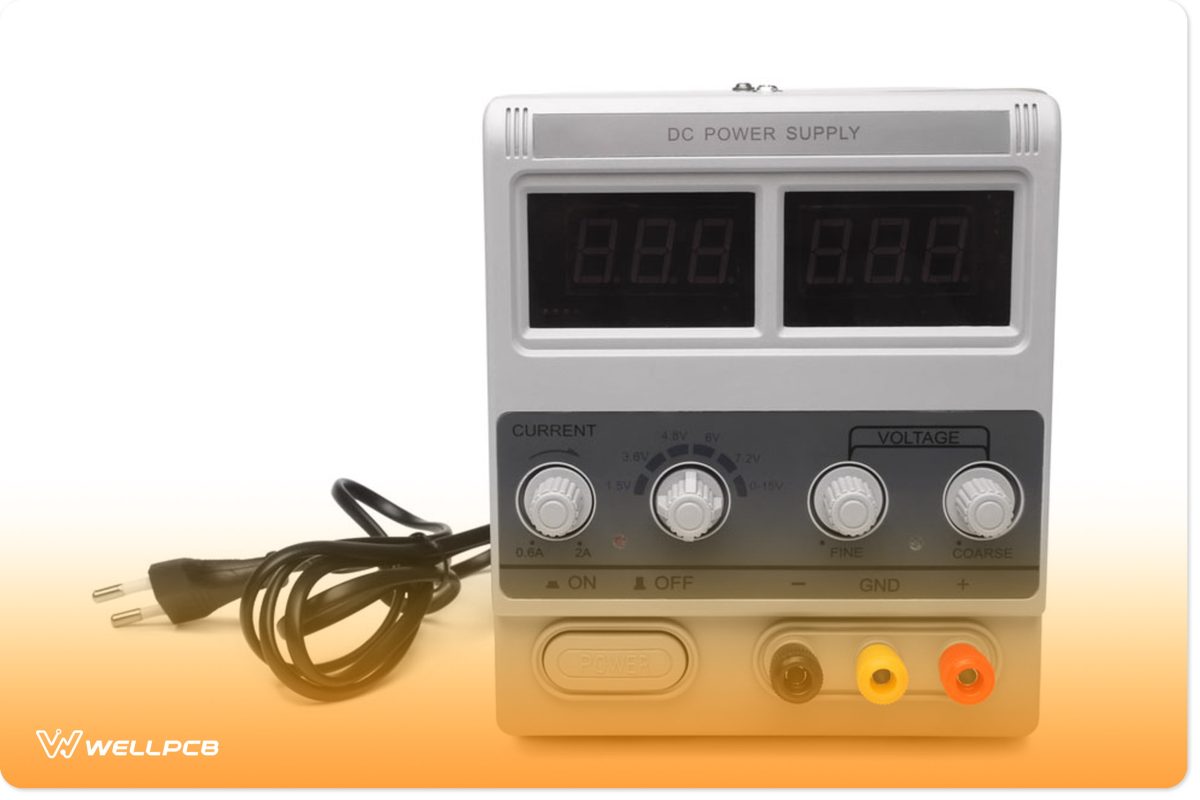
DC power supply on a white background
Tekpower DC power supply is one of the best variable Power Supplies. It has a current range of up to 0V and a voltage of up to 5A.
Additionally, its setup and read-back resolution have a voltage of 0.01V and a current of 0.001A.
Moreover, another essential feature of Tekpower variable DC power supply is a transformer-based linear power supply.
Advantages
- Firstly, it has an OCP and temperature sensor-based cooling fan
- Secondly, it comes with a line and load regulator
- Additionally, it does not produce much noise
- Moreover, it has an adjustable voltage and current
- Finally, it is pocket-friendly
KORAD linear-digital Variable power supply
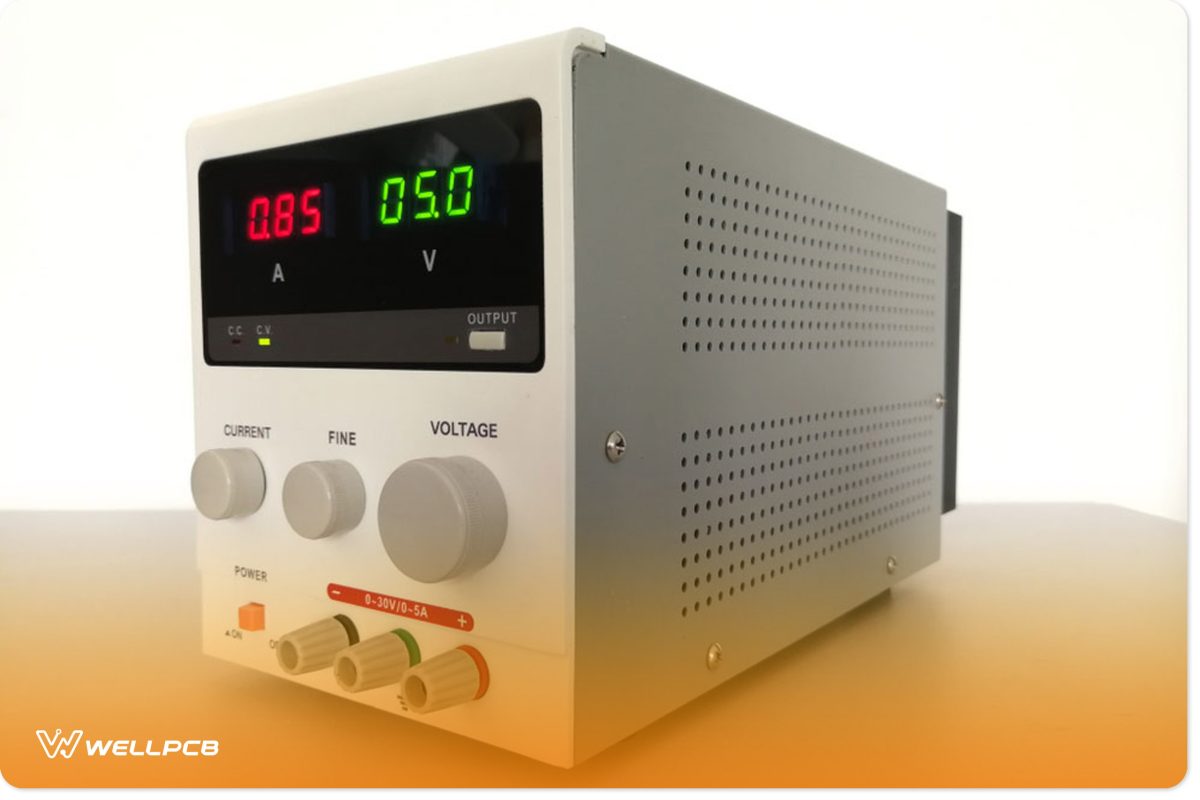
A digital power supply
The KORAD is an adjustable linear variable power supply with an adjustable voltage output of 30V and 5A. Additionally, as in any bench power supply, it supports constant voltage and current modes and comes with a temperature-controlled cooling fan. Therefore, this linear power supply has overvoltage and short-circuit protection.
Advantages
- Firstly, it comes with a long power cord.
- Secondly, it has a high input voltage of 220V 50Hz
- Additionally, it comes with a USB connection
- Moreover, it comes with a 2-year warranty
- Finally, it is less costly
Eventek Digital Switching Variable Power Supply
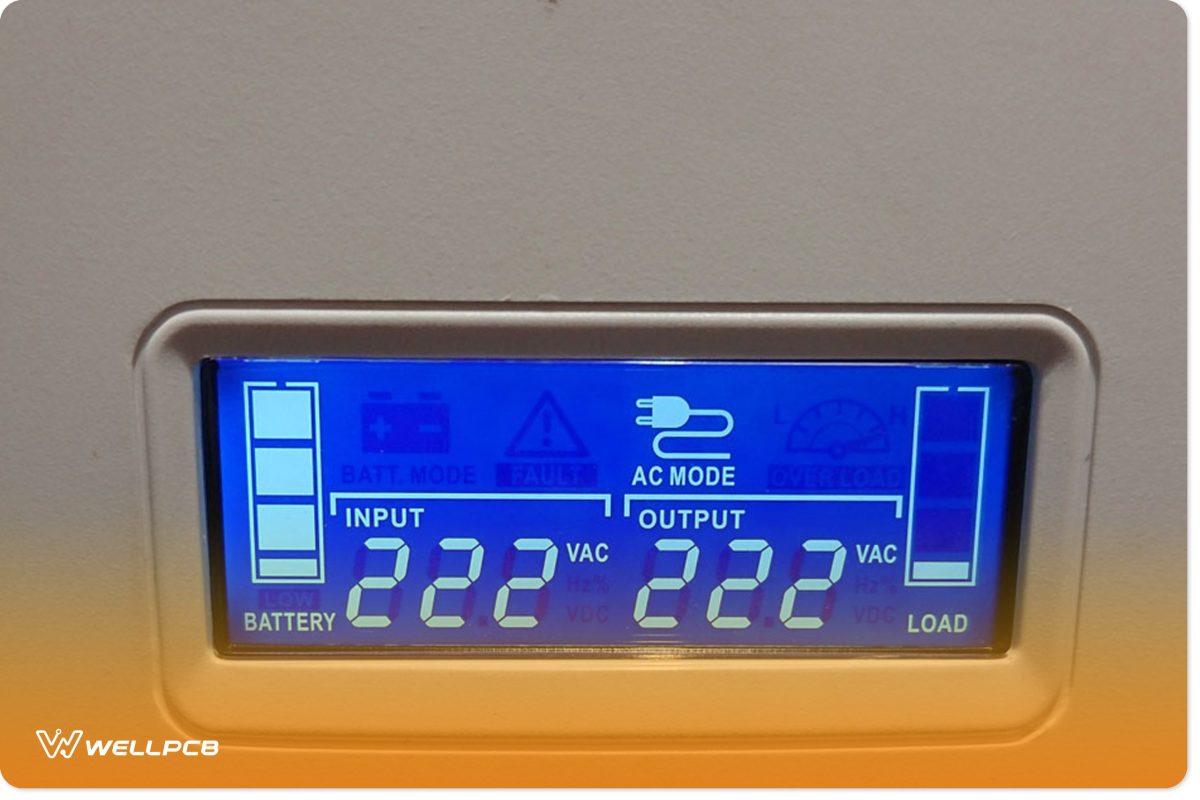
A digital switching power supply
Eventek’s digital DC switching variable power supply is affordable. Its output voltage is adjustable up to 30V, and its output current is up to 5A.
Moreover, this is a switching power supply with an efficiency of about 90%.
This product supports CV and CC mode and automatically switches from one method to another.
Advantages
- Firstly, it is an affordable power supply
- Secondly, it comes with a long power cord
- Additionally, it is a lightweight product
- Moreover, it is the best for schools and training institutes
- Lastly, it comes with a 1-year warranty
Kungber SPS305 DC Power Supply Variable
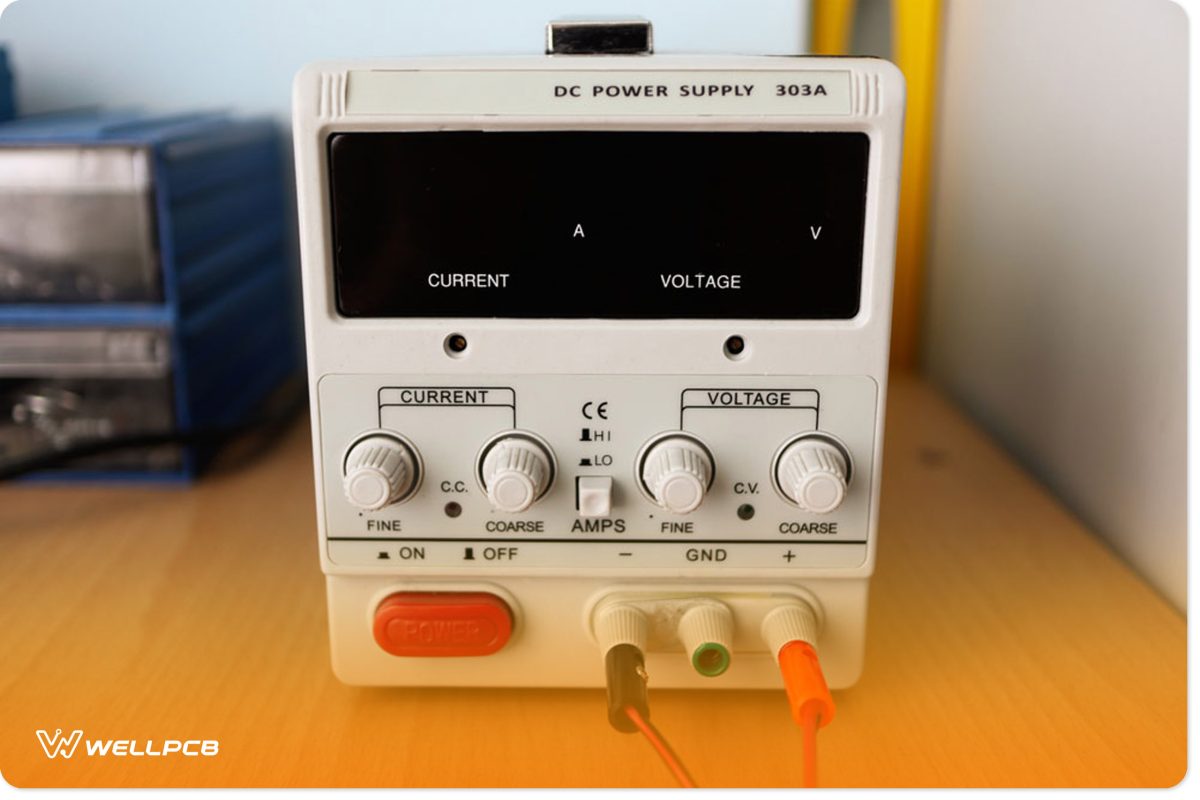
Bench power supply
Kungber SPS305 DC Power Supply Variable is the most reliable and affordable DC power supply.
Additionally, the Kungber DC power supply variable is a switching power supply with an adjustable output voltage of up to 30V and an output current of up to 5A.
Moreover, it has other voltage and cu rent variations such as 120V/3A, 60V/5A, and 30V/10A.
Furthermore, this variable power supply comes with four dials for current and voltage adjusting with separate knobs.
Finally, it supports CV and CC mode like any bench power supply.
Advantages
- Firstly, it comes with USB interfaces
- Secondly, it produces less noise
- Additionally, it is an adjustable power supply
- Finally, it is the best for the price
Yescom USA DC Variable Power Supply
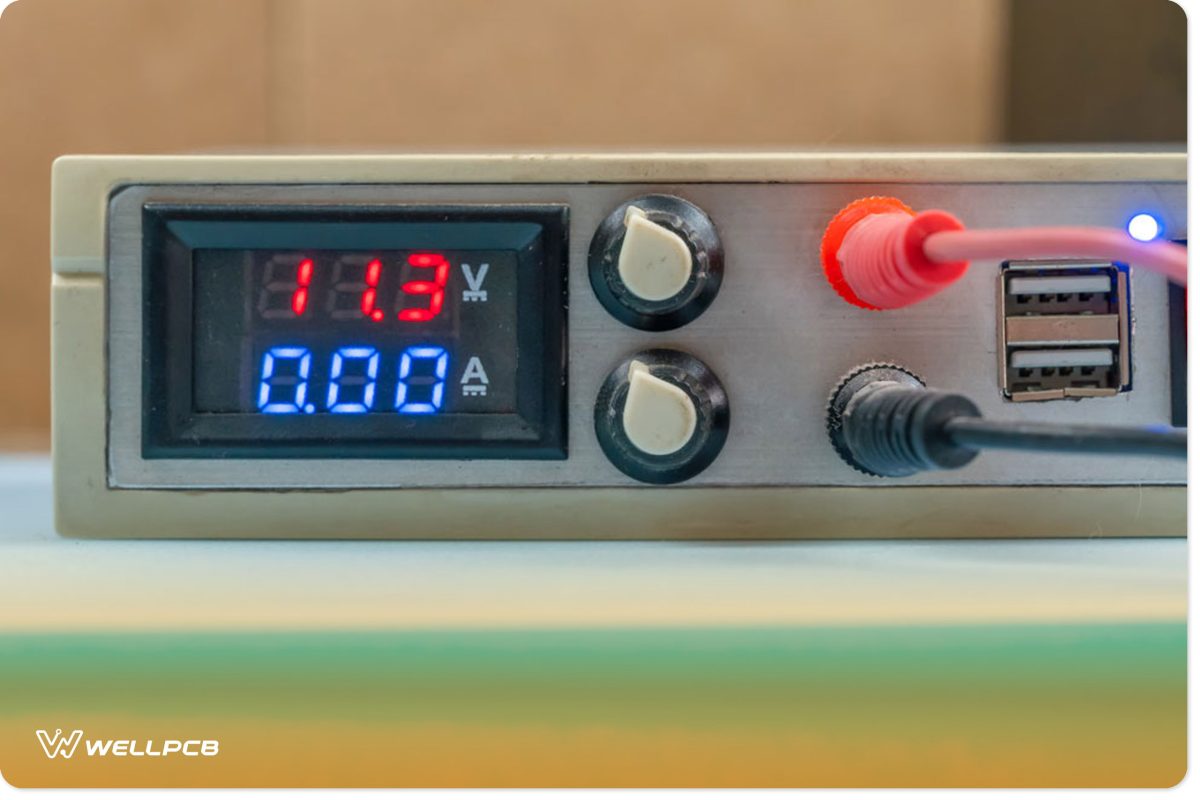
Adjustable DC power supply
The Yescom USA DC power supply is an Adjustable DC Power Supply. It is reliable and has an output voltage of up to 30V and an output current of up to 10A.
Moreover, it comes with over-voltage, over-temperature, and current protection features.
The front panel of the Yescom DC power supply has a three-digit voltmeter and ammeter. Additionally, it has four knobs for fine, coarse adjustment of voltage and current.
Advantages
- Firstly, it has output ripple and noise reduction
- Secondly, it comes with multiple protection for extended usage
- Additionally, it has a long power cord
- Finally, it is pocket-friendly
Conclusion
Since the variable power supply is essential equipment for most projects, I believe this guide is a great help.
Additionally, you can choose one of the best variable power supplies according to your power requirements.
Nevertheless, go through the use manual before using your DC power supply.
Finally, feel free to share the game with your friends.





